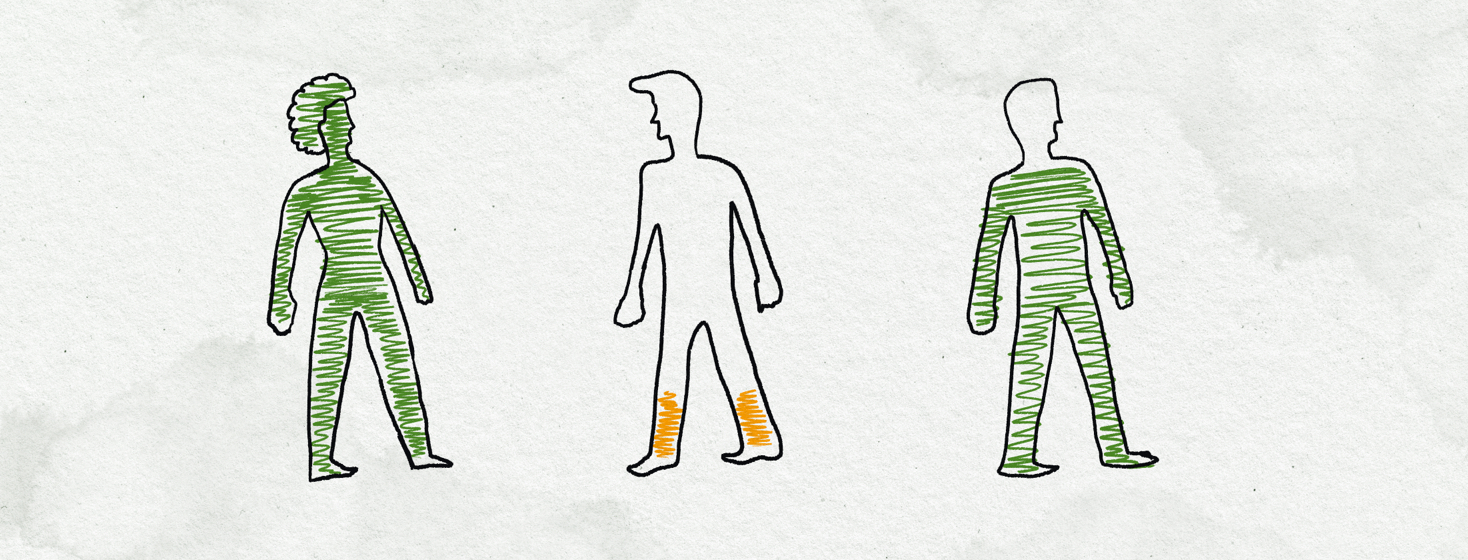Chronic Fatigue Explained Using The Cell Phone Battery Theory
Anyone living with an autoimmune condition including psoriasis is often referred to as a "spoonie". As someone who lives with psoriasis, I am certainly familiar with the spoon theory. In fact, I have even written an article on it breaking it down.
Let me briefly explain the spoon theory. This concept was created by Christine Miserandino. She used spoon silverware to explain her energy levels and the impact of fatigue. Little did she know that this simple description would create something that everyone could relate to and use. It can be very challenging to find someone who does not have an autoimmune disease to understand.
Finding a new way to explain chronic fatigue
Chronic fatigue is not an uncommon symptom of those with autoimmune conditions, including psoriasis. I can tell you in my case, that it changes every day. There are days when I feel okay. Then there are those days that I have no energy to do anything. It can be a bit overwhelming and so frustrating. I have tried to explain it to my family.
However, since most of them do not have psoriasis they cannot understand what I deal with. It was only after I heard of the spoon theory that I would start using it to explain to my family the impact of my fatigue. Since chronic fatigue is not something they can physically see using and describing spoons, I found myself needing a better visual.
Learning of the cell phone battery theory
I love learning from this community. There is so much knowledge and validation when we share with each other. After writing my article on the spoon theory, I received a comment about the cell phone battery theory. I was more than a little intrigued I must say. Learning something new is always a good thing. With a little bit of research, I was able to locate an article written by Christen Jeschke, Why My Chronic Fatigue Is Like a Cell Phone Battery.
In her depiction, a healthy person has a battery that is charged to 100%. An auto-immune person is given a battery that is maybe 60% charged. The more you use the battery the more the power goes down. A healthy person will always have more power at the end of the day. Even though you charge it all night that old battery will never charge fully no matter how long you have it plugged in. No matter how we try to charge ourselves up the best we can get might be that 60%.
Which one do you like more?
You might try the battery theory the next time you're faced with explaining chronic fatigue - or you might stick the classic old spoons. There even may be times that no matter which way you try to explain, sometimes people won't be able to grasp it. You could use a hundred different analogies and it will still go over their head.
So which theory do you think someone can relate to more? My vote tends to lean toward the cell phone battery theory since everyone has a cell phone these days. However, I do still take pride in being called a "Spoonie". In my opinion, there are worse things to be called.
Do you have a different way of explaining chronic fatigue?

Join the conversation